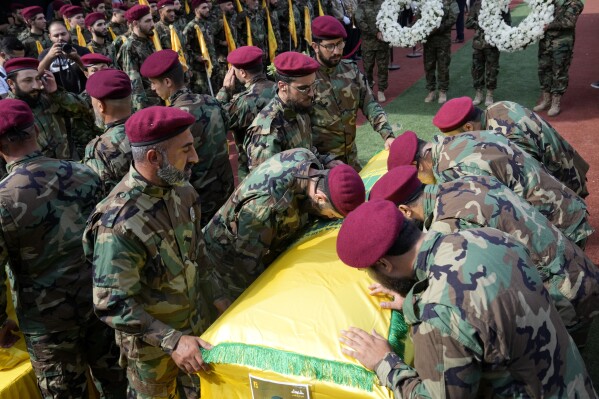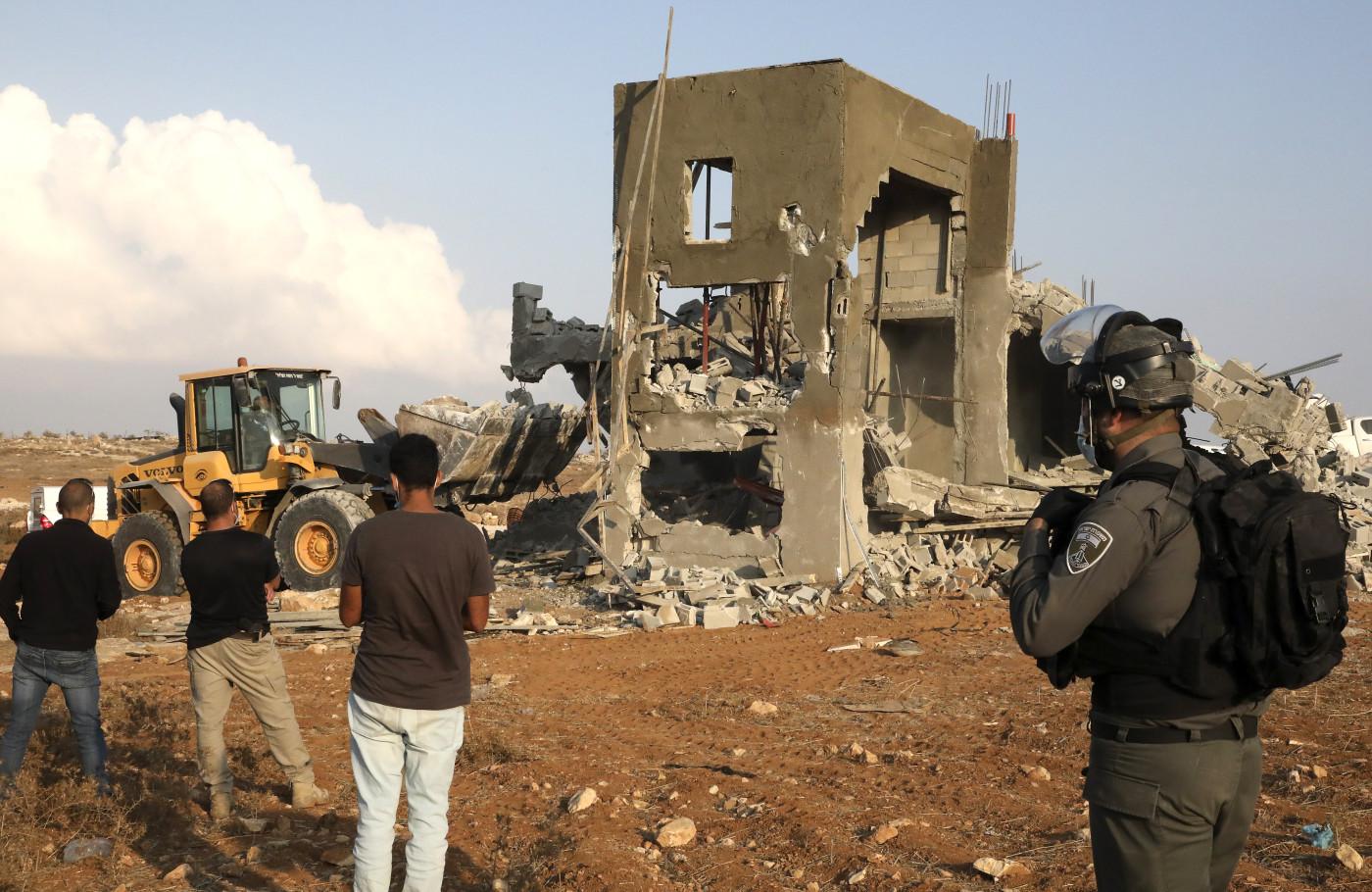Have Hezbollah's Secret Communications Been Compromised?
Hezbollah's communication network may have been compromised in the recent pager and walkie-talkie attacks, experts said.
Pagers used by Hezbollah members exploded in Lebanon and Syria on Tuesday, killing at least 12 people, including two young children, before walkie-talkies blew up on Wednesday, killing at least 20 people and wounding thousands.
Hezbollah believes both attacks were carried out by Israel, which is yet to make any official comment. Israel is suspected of infiltrating the supply chain of the devices.
But, while Hezbollah will be reeling from losing fighters to death and injury, the "psychological impact" of being intercepted will be "massive," national security and military analyst John Spencer said.
The veteran and current chair of urban warfare studies at the Modern War Institute at West Point told Newsweek: "There is always a way to bug, listen into something electronic. This is the significance of the operation.
"Hezbollah will have lost trust in all their equipment—'Will it blow up? Is Israel listening?' The psychological impact is massive. Especially since it wasn't just pagers. If it was Israel, they definitely sent a message."
Beni Sabti, a researcher in the Iran program at The Institute for National Security Studies, said he believes that intercepting communications and gathering information will have been "the first purpose" of the operation.
He told Newsweek: "We assume that the one who can put explosives in these kinds of devices can also trace them, listen to this, read them and any other manipulations. Because the first purpose of this kind of equipment is not only to explode them. First of all, it's gathering knowledge, gathering information."
He referenced how, in a televised speech in February, Hezbollah Secretary-General Hassan Nasrallah told its members that their cellphones were more dangerous than Israeli spies, telling them to break, bury or lock their phones in an iron box.
"So they are aware of these things," Sabti said, "but it doesn't end [with cellphones]—any kind of electronic device can give you an opportunity."
He added that he believes Israel will have used the equipment to "follow and track" Hezbollah before setting off the explosions.
"It's never the first choice for a democratic country," he said. "We just want to follow and gather information first."
Similarly, Khaled Elgindy, who directs the Middle East Institute's Program on Palestine and Israeli-Palestinian Affairs, told Newsweek: "Hezbollah are definitely worried that if they've infiltrated already so effectively the pagers and the walkie-talkies and the cellphone networks—what other things have the Israelis hacked into in their security network and their communication network?
"That creates all kinds of fear and uncertainty within the organization. This is a strategic problem because they now are worried that they don't know what system to trust and certainly is something that is very, very distracting to them more importantly they've lost, you know injuries to thousands of fighters. So that makes them immediately much more vulnerable much weaker. They're certainly on the back foot."
On Thursday, the leader of Hezbollah, Hassan Nasrallah, said: "The enemy has crossed all controls, laws and red lines through the bombings."
Several prominent U.S. Democrats have spoken out against the strikes, with Representative Alexandria Ocasio-Cortez of New York accusing the attacker of violating international law.
"Israel's pager attack in Lebanon detonated thousands of handheld devices across of a slew of public spaces, seriously injuring and killing innocent civilians," she said. "This attack clearly and unequivocally violates international humanitarian law and undermines U.S. efforts to prevent a wider conflict."
There are several measures used to determine whether an attack violates international law, particularly considering distinction of a lawful target and prohibited weapons. Newsweek explained what they are.
"[Israeli Prime Minister Benjamin] Netanyahu's reckless disregard for civilian lives in the pager attack in Lebanon is yet another example of why we need to cut off military aid," Representative Ilhan Omar of Minnesota said.
Disclaimer: The copyright of this article belongs to the original author. Reposting this article is solely for the purpose of information dissemination and does not constitute any investment advice. If there is any infringement, please contact us immediately. We will make corrections or deletions as necessary. Thank you.




